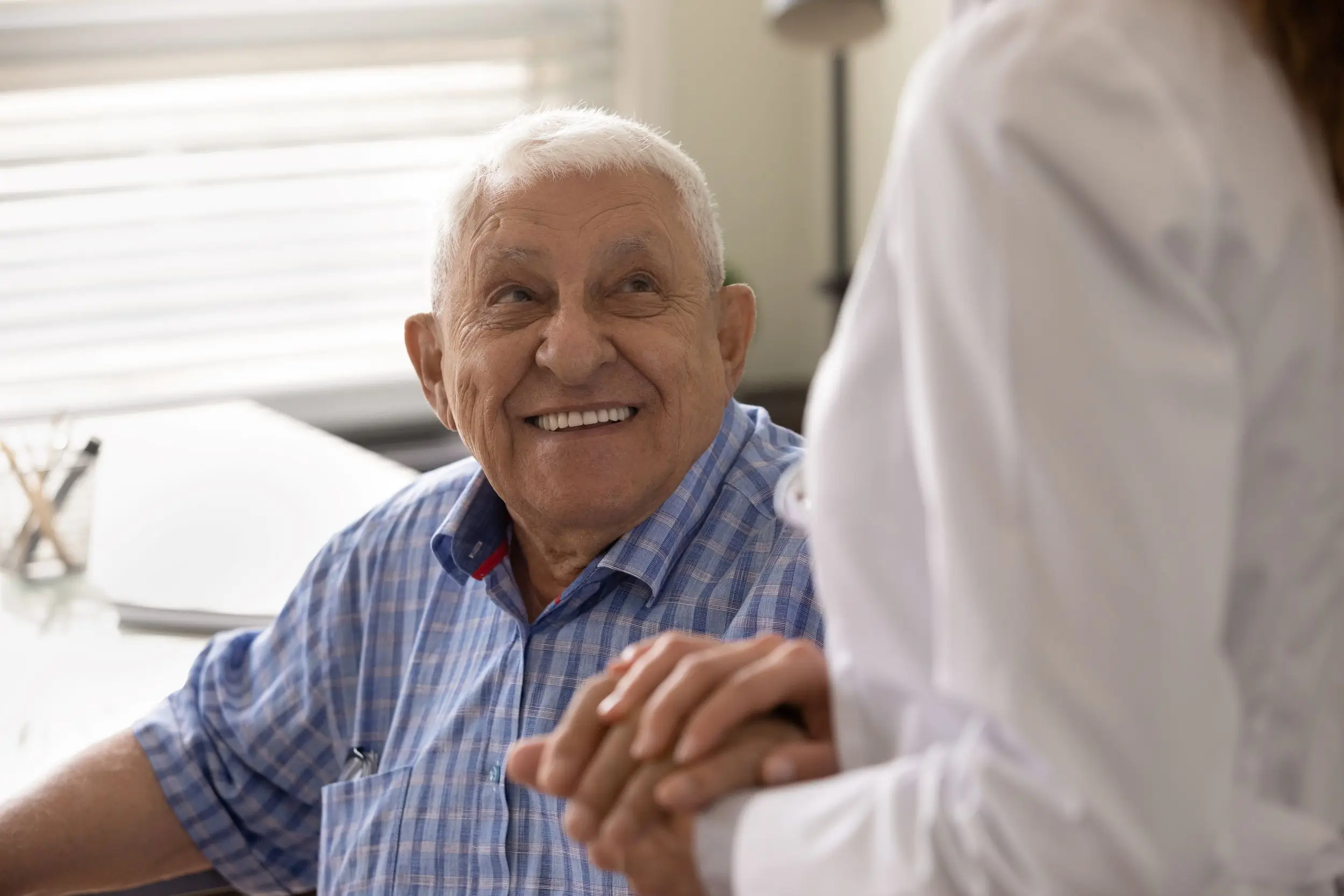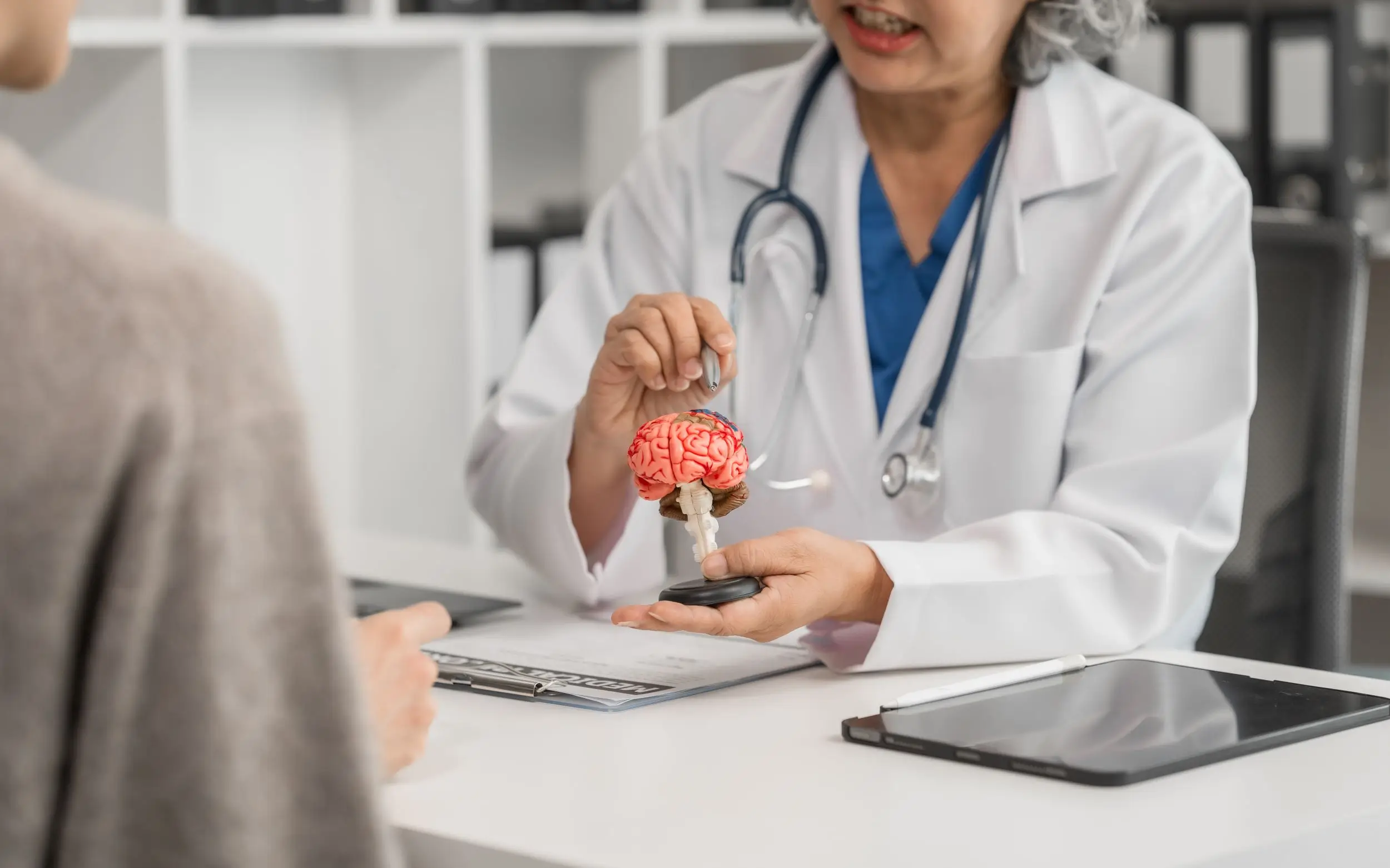Finding out about a dementia or Alzheimer’s diagnosis can feel overwhelming, but you’re not alone. At Brain & Spine Specialists, located in Panama City, FL, we’re here to guide you and your loved ones toward valuable resources, including dementia support groups near you, local support networks, and trusted care options available in our community. Our specialists are ready to provide personalized guidance to help you navigate this journey with confidence. Schedule an appointment to start building a support plan that’s right for you.

Each year, millions of people are diagnosed with dementia or Alzheimer’s disease, joining a community of individuals and families learning to navigate life with these complex conditions. Dementia and Alzheimer’s are progressive brain disorders, often linked to abnormal protein buildup and nerve cell damage, that affect much more than just memory. Alongside memory loss, people may experience difficulty with problem-solving, confusion with time or place, and shifts in mood, personality, or behavior. These changes can impact relationships, daily routines, and emotional well-being, which may feel challenging to process.
While the exact causes aren’t fully understood, age, genetics, and lifestyle factors are believed to contribute. The good news is that many people are able to live meaningful lives with a combination of treatments, lifestyle adjustments, and support networks. Whether you’re navigating a new diagnosis or supporting a loved one, there are resources, support groups, and personalized care options to help you adapt and thrive.

While there’s currently no cure for dementia or Alzheimer’s, various treatment options can help manage symptoms, slow the progression of the disease, and improve daily life.
Medications Aimed at Disease Progression
Medications for Symptom Management
Therapies can be essential in building a “toolbox” of skills and techniques to help individuals with dementia and their caregivers cope with symptoms and maintain a sense of control. Here are some effective therapeutic options:

Dementia and Alzheimer’s are progressive conditions, meaning symptoms may gradually change over time. Understanding the general stages—early, middle, and late—can help you prepare for what’s ahead while focusing on managing symptoms and maintaining quality of life.
By working closely with your healthcare provider and tracking symptoms over time, you can make informed adjustments to your care plan as needed. Medications, therapies, and lifestyle adjustments can all play a role in managing symptoms, and your healthcare team can guide you in finding the best approach.
For more guidance on preparing for doctor visits and discussing your care plan, download this helpful guide from the Alzheimer’s Association:
Managing dementia care can be costly, but there are resources available to help cover medications and other expenses. Many individuals qualify for programs that provide financial assistance and support, particularly as care needs increase.
These resources can make a meaningful difference, helping individuals access necessary medications and financial support to manage dementia care effectively.
Connecting with others who understand the challenges of dementia and Alzheimer’s can be incredibly beneficial for both patients and caregivers. Support groups provide a safe space to share experiences, gain advice, and build a network of support. There are many options available, whether you prefer to meet virtually or in person.
Alzheimer’s Association Support Groups
The Alzheimer’s Association offers a variety of support groups, both virtual and in-person, across the country. They also provide resources to help you find support options close to home.
Bay County Alzheimer’s Alliance (BCAA)
For those in the Panama City area, the Bay County Alzheimer’s Alliance meets monthly to provide community resources, caregiver education, and a chance to connect with others. Meetings are held on the second Thursday of each month at 11:30 am at Taylor’s Cafe (1114 Thomas Dr.).
For more information, contact our marketing coordinator, Cheryl Brown, at (850) 832-5352.
Support groups can offer encouragement, practical strategies, and a sense of community for everyone affected by dementia. Whether you’re newly diagnosed or supporting a loved one, these groups can be a valuable part of your journey.
Caring for someone with dementia or Alzheimer’s can be both rewarding and challenging, and having access to the right resources can make all the difference. Here are some valuable tools and support options available for caregivers:

Here are additional resources that provide information, support, and services for those affected by dementia and Alzheimer’s, including patients, caregivers, and healthcare professionals: